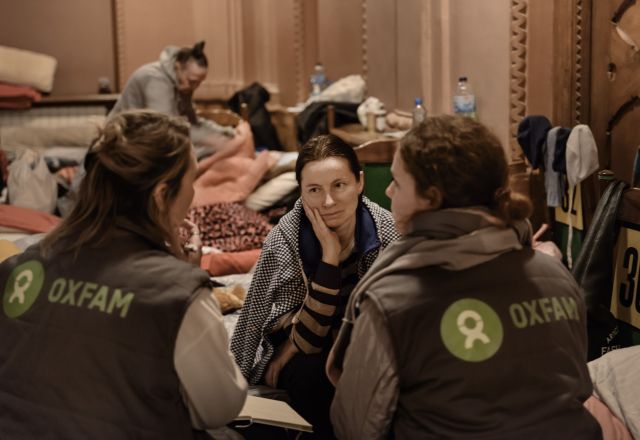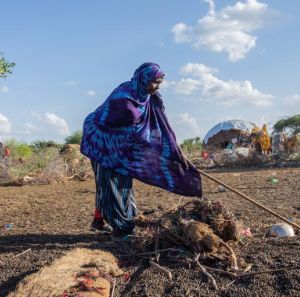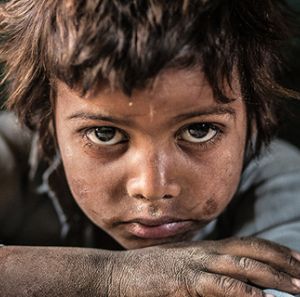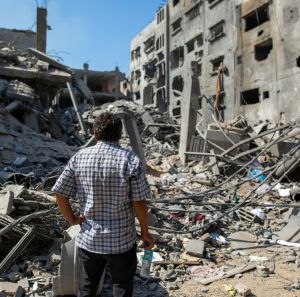Become an active and empowered global citizen, effecting meaningful change in the fight against inequality to end poverty and injustice.
Everything hits the poorest hardest.
The worst things happening in our world right now – conflict, disaster, hunger, sickness, the climate crisis – affect us all. But they hit the poorest and most vulnerable first and worst.
Conflict kills. It destroys lives and causes unimaginable death and destruction. It devastates families and communities.
Conflict also traps people in poverty.
It disrupts fragile food systems, causing shortages and scarcity. This leads to hunger and sometimes starvation.
It destroys infrastructure – water systems, healthcare facilities, schools and homes.
Conflict displaces people from their homes, drives children from their schools, forces women and men from their workplaces and livelihoods.
It bankrupts national economies and racks up impossible debt.
Its modern weapons and warfare pollute our air, soil and water and destroys our planet and its resources.
The cost of conflict is often most severe for women and girls.
Conflict fuels exploitation and abuse, with women and girls often experiencing increased levels of sexual and physical violence.
The impacts of conflict have far-reaching effects, on a global scale. But conflict hits the poorest hardest.
It deepens existing poverty and pushes more and more people into it. It leaves communities less able to respond to future shocks and crises.
Watch: how does conflict hit the poorest hardest?
Together, we're combatting the worst impacts of conflict and partnering with communities to build back stronger. We are also working with communities to build solutions for lasting peace.
Every day you are part of Ireland's efforts to tackle conflict, disaster, climate change, poverty and inequality worldwide.
Through Ireland’s overseas development programme, Irish Aid, the Irish people contribute a small portion of their taxes to support development and humanitarian work carried out by organisations like us at Oxfam Ireland.
At Oxfam, we’re working with communities impacted by conflict, disaster, poverty and inequality across the world – in the Occupied Palestinian Territory and Israel, Yemen, Syria, the Democratic Republic of Congo (DRC), Somalia, South Sudan and beyond.
Since gaining independence over a decade ago, South Sudan has been severely impacted by outbreaks of conflict and civil war. This has contributed to widespread poverty, which is worsened by climate change and resulting natural disasters.
Climate change and conflict hit the poorest hardest.
Since April 2023, ongoing conflict in Sudan has displaced six million people, both within Sudan and to neighbouring countries, including to South Sudan.
Over 350,000 people have arrived in South Sudan and need immediate humanitarian assistance.
Since the end of October, nearly 3,000 people have been arriving at the Sudan-South Sudan border every day, which means more than 17,000 people arriving on a weekly basis.
That’s the equivalent of the entire population of Maynooth in Co Kildare being forcibly displaced every single week.
Conflict hits the poorest hardest and this conflict has led to a worsening food crisis; a spike in prices and affordability of basic essentials; outbreaks of deadly waterborne diseases, including cholera; an increased number of children taken out of school to save or earn money, and more conflict, exploitation and abuse, with women and girls most at risk.
Fati N'zi-Hassane, director of Oxfam in Africa
Fati speaks from Akobo, South Sudan. Thousands of South Sudanese communities are opening their doors and welcoming refugees fleeing conflict in neighbouring Sudan.
Ngannyaluk Ngannori from Pibor County in eastern South Sudan
Conflict and climate change made it difficult for Ngannori to access food and employment – both vital for providing for her children, especially as she is widowed and therefore the sole provider.
But then she participated in an Irish Aid funded cash grant programme and was able to access funds. She bought food for her family. She also invested in a small business that makes snacks for the local market. Now she has a more sustainable source of income for her and her family
'I used to venture into the forest to gather firewood, which I could then sell at the local market. There were also times when I would collect around 20 jerrycans, each holding 20 litres of water, to supply to local restaurants. This income helped me provide food for my children. Nevertheless, these efforts to secure a livelihood exacted a high toll'— Ngannyaluk Ngannori
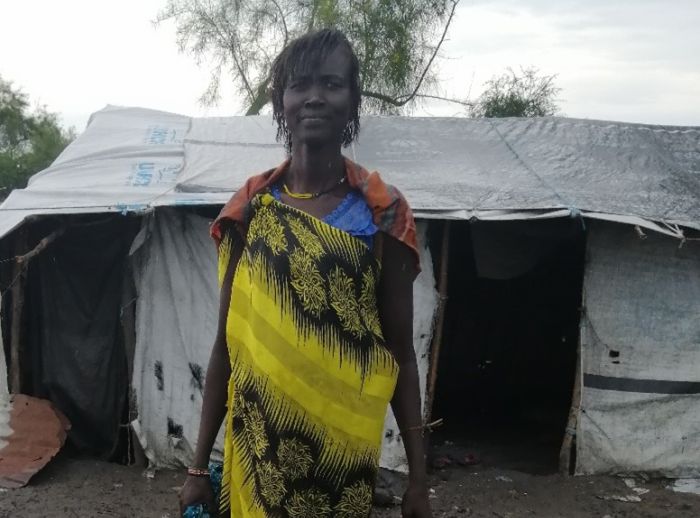
Become an active and empowered global citizen, effecting meaningful change in the fight against inequality to end poverty and injustice.
Every day you are part of Ireland’s efforts to tackle poverty, inequality, discrimination, conflict and climate change worldwide.
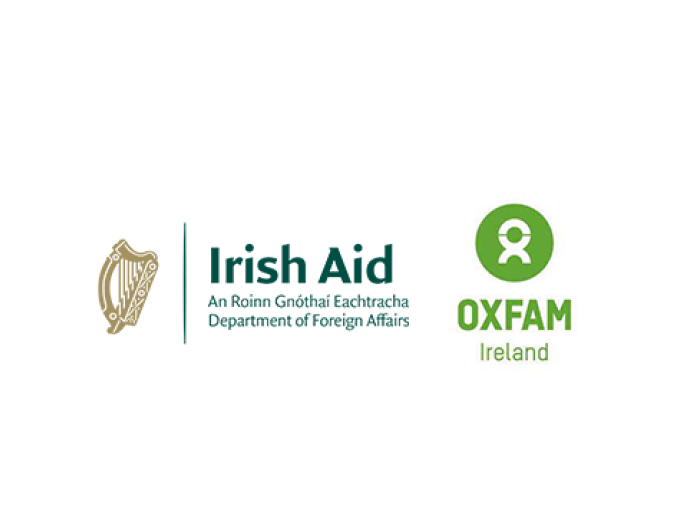
Every day you are part of Ireland’s efforts to tackle poverty, inequality, discrimination, conflict and climate change worldwide.
